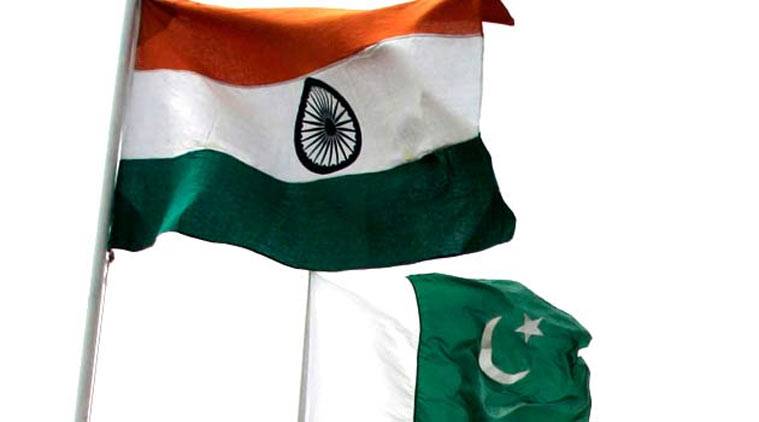India’s diplomatic endeavour to illicit the support of other nations in alienating Pakistan has not really gone according to plan. A United Nations General Assembly session and a BRICS summit later, there is not much to take away for India on the diplomatic front. And yet, on and on it goes, with Rajnath Singh choosing to chime in once more on Monday, when he stated that Pakistan should close down its ‘factory of terror’, and that our entire establishment was involved in fuelling terrorism in India.
Even though it is still unclear whether the attackers in Pathankot or Uri were in fact Pakistani, let’s work through the (dubious) logic of the Indian government to try and discern what it is that they really want us to do. Clearly the term ‘rogue non-state actors’ (keyword being non-state) holds no meaning for Delhi. Pakistan does not have control over the myriad terror groups and their many splinter groups present both within and without the country. We are being derided for a war we are fighting that has taken thousands of Pakistani lives. Yet we have done so without state failure or economic disaster, keeping a majority of our people secure, unlike what has happened in many African and Middle eastern states.
While the Indian version of the ‘war on terror’ is limited to infringing the rights of the Kashmiri people and treating innocent civilians as terrorists, Pakistan is fighting battle-hardened Islamic extremist militants on all fronts. Whether in Karachi or the Khyber Agency, Pakistan’s armed forces’ engagement on the battlefield is one that will only reap incremental gains over the long term. The number of militants killed in Zarb-e-Azb (disputed or not) for instance, will only limit the scale of violence immediately, and that too only in Pakistan’s centres. Deradicalisation of the entire populace takes time. Pakistan is already doing what India wants, of its own volition. Asking Pakistan to close down the ‘factory of terror’ is like asking Iraq to shut down ISIS, or expecting the US to target any and all racists, to ensure that the problem of racism and racial profiling is solved in a day.
We also often tend to forget that Rajnath Singh’s words, and those uttered by other hardline politicians across the border are meant to pander to domestic political support. State policy of attempting to isolate Pakistan aside, consistently repeating the surgical strikes mantra and going heavy on the anti-Pakistan rhetoric are just flash words to use on the campaign trail in the run-up to the Uttar Pradesh (UP) assembly elections in 2017. Opposing parties have often pointed to the divisive politics of BJP, and this is no different – Modi got elected on a swell of support because he enjoyed giving lengthy speeches about two of his favourite subjects; economic progress and Pakistan-bashing.
Perhaps the significant difference between the politicians in either country is that Pakistani politicians – whatever their faults – do not needlessly indulge the hawks on this side to garner a few extra votes.






